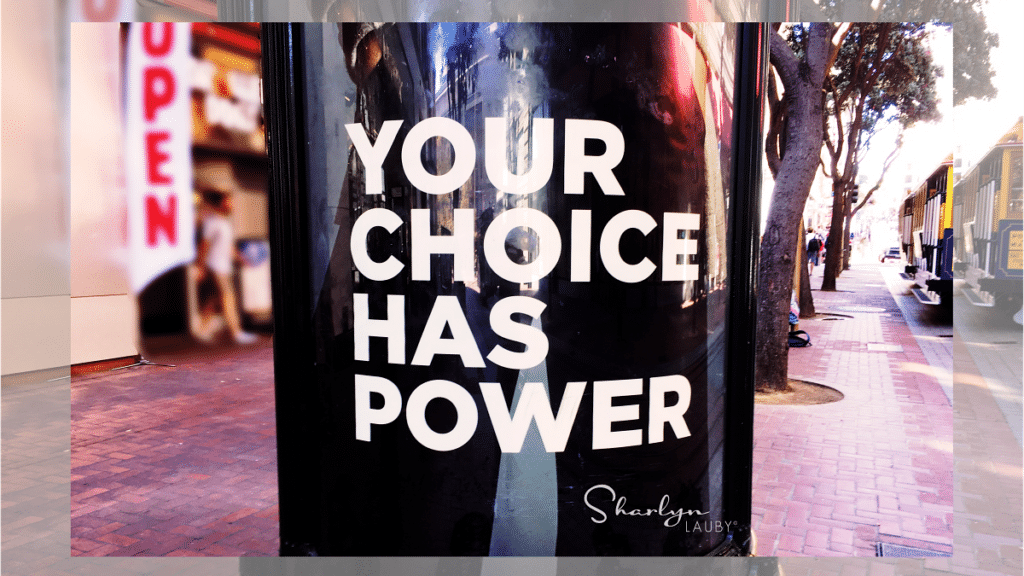Quitting Is Not a Sign of Failure – HR Bartender
Estimated reading time: 3 minutes
Harvard Business Review recently published an article titled “Should You Quit Your Job?” with advice on how to decide if it’s time to start looking for a new opportunity. It’s a good read – regardless of your current work situation.
It reminded me of a reader note that I answered a couple of years ago about “How Much Frustration Can You Deal With?” I’d like to think we all realize there are parts of our work that we love and other parts that …well, we tolerate. And that’s okay. I must admit that sometimes I’ve learned just as much if not more from some of the more frustrating tasks I’ve had to do in my career. Even in my personal life, but we’ll save those stories for another day. LOL!
Being able to balance the good with the frustration is the reason I wanted to talk about quitting today. One of the things that the HBR article mentioned is something really important. They talked about how quitting should not be framed as failure. Whether you quit a job, a hobby, etc., quitting is okay if it’s done for the right reasons and at the right time. For example, we really should quit doing things that are unsafe.
When you’re thinking about quitting something, ask yourself some questions:
Am I considering walking away too soon? Sometimes we might be tempted at the first sign of difficulty to toss in the towel. If we quit too soon, is it possible that we might miss out on a tough, frustrating, challenging but incredibly valuable learning experience that we wouldn’t have learned any other way?
Is it too late? Yes, there is such a thing as quitting too late. Maybe we keep hoping a change will occur, so we stick around. Meanwhile, everyone else has seen the writing on the wall and made other plans.
Are we concerned what others will think and we don’t quit at all? Unfortunately, there are times when we might feel some peer pressure and stay in bad situations because we don’t want to be considered “disloyal” and don’t want to be called a “quitter”. Sometimes this works and sometimes we get hurt in the process.
I wish I could say these are easy questions to answer. You’ve probably figured out that they’re not. They involve a tremendous amount of self-awareness and honesty. And coming to the answer of “yes, I need to quit” and being able to do it are sometimes, two different things. There could be internal or external factors that impact our ability to act right away.
In the case of changing jobs, maybe we should take a class to make ourselves more marketable as a candidate. Or maybe we need to save some money so we can comfortably take some time off. Hopefully, once we recognize that we need to quit something then we can start putting plans in place to make it happen.
There are lots of “inspirational” quotes and sayings that want us to believe that quitting is bad or wrong or a sign of failure. It’s not. Sometimes quitting is the absolutely right thing to do. Ideally, it’s good to quit with a plan, so we can learn from the experience. That’s why quitting isn’t a sign of failure. Because we learned something along the way.
Image captured by Sharlyn Lauby while exploring the streets of San Francisco, CA
38